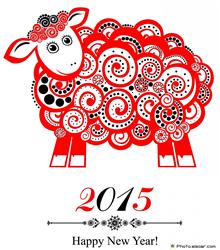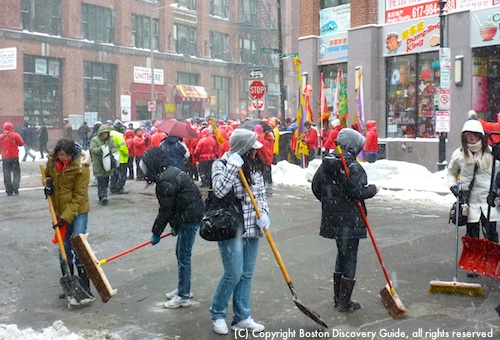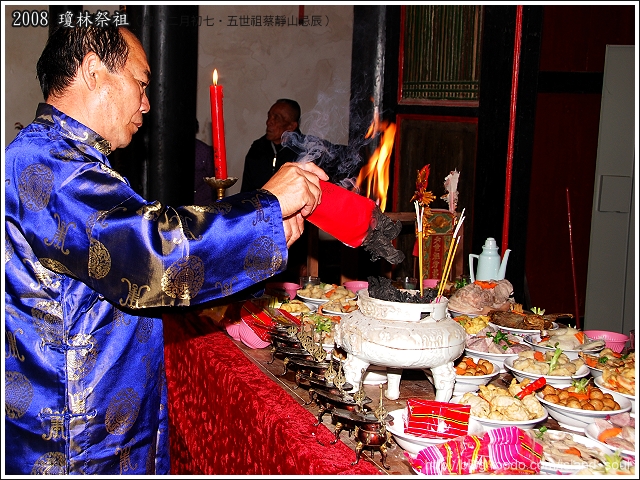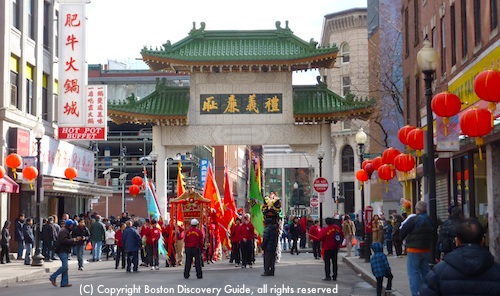

Before the big celebration, you need to prepare! Traditional preparations for the holiday include cleaning the house from top to bottom to get rid of all the bad luck that has gathered in your home during the previous year. However, after the New Year comes, you cannot sweep for the first few days or else you will sweep the new luck away!

After you have cleaned your house, it is time to decorate! If you walk into Chinatown during the week of Chinese New Year, you will see hundreds of red banners hanging around the buildings. These banners symbolize good luck and fortune in the New Year. These banners are red and gold, which are lucky colors for the Chinese. Red symbolizes vitality of life and happiness, and gold symbolizes wealth and prosperity.

You can not have a proper celebration without food. On New Year’s Day, the families come together to celebrate and everything must be ready for this important feast! Food must be prepared ahead of time, as one of the popular Chinese superstition dictates that all knives must be put away. Using a knife during the first days of the New Year “cuts off” all of the good luck for the coming year. The New Year’s feast takes many days to prepare, and food for the next couple of weeks has to be plentiful as there will be hoards of visiting relatives and friends.

The last preparation you need to make before the celebration is paying respects to ancestors. The Chinese people bring offerings of food and incense to please the spirits of the deceased so that they might bring good luck.

Now that the preparations are done, the New Year’s festivities can begin! Talk to your visitor about how they celebrate their new year and what traditions they uphold. We’re sure they could teach you a thing or two! Check out Boston’s Chinatown to join in on all of the festivities that will be taking place here in Boston.


大吉大利! 喜气洋洋!
Global Immersions has host events quarterly so they can learn about new cultures and traditions to better understand their visitors. Want more information about our programs, or have any cultural traditions you want to learn about? Contact us to share your ideas!
